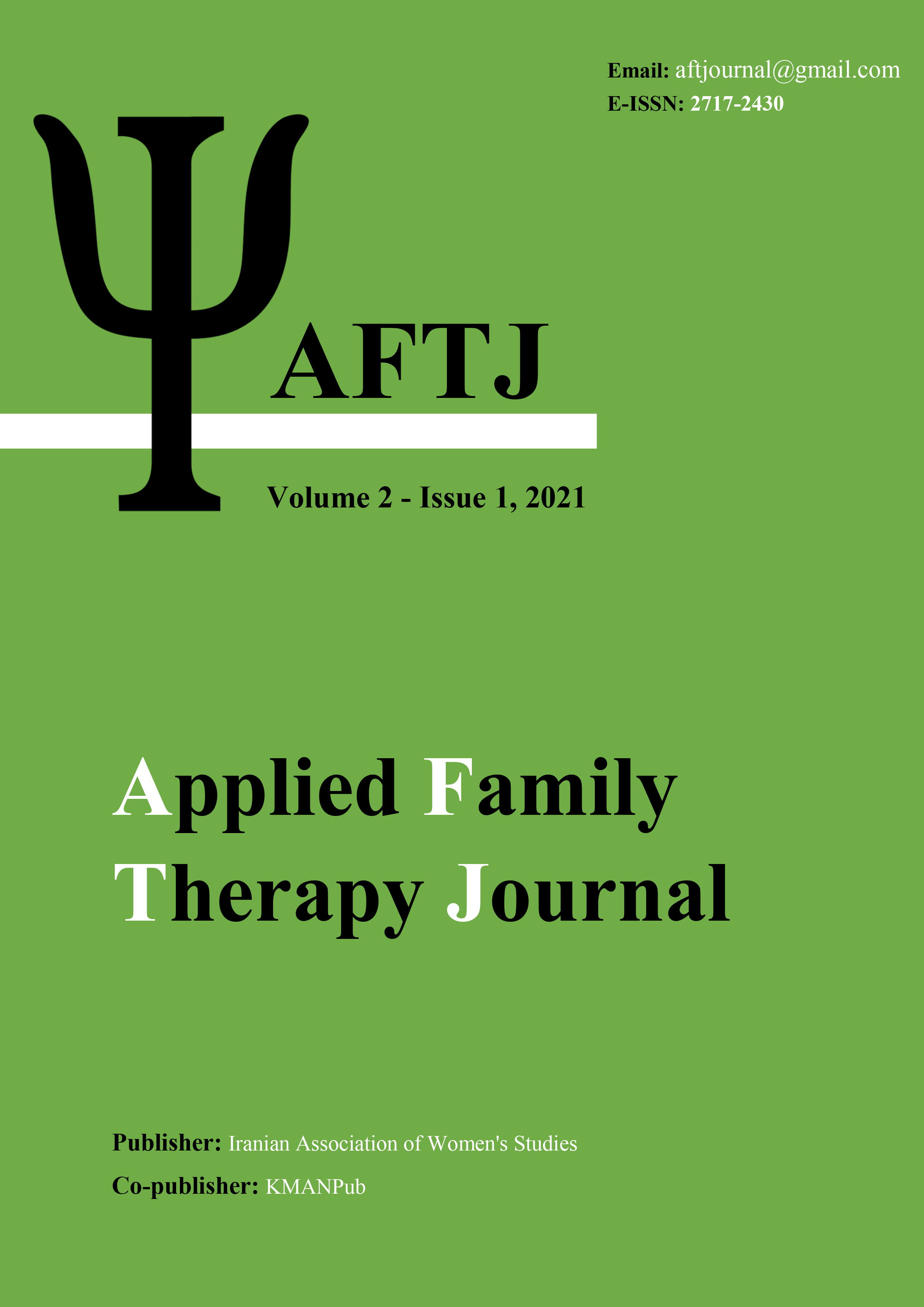A Comparison of the Effectiveness of Mindfulness-Based Cognitive Therapy and Cognitive-Behavioral Play Therapy in Improving the Time Perception of Children with Attention Deficit Hyperactivity Disorder (ADHD)
Keywords:
attention deficit hyperactivity disorder (ADHD); Time Perception; Cognitive Therapy; Mindfulness; Play Therapy; Cognitive-BehavioralAbstract
Aim: The present study aimed to determine the effectiveness of mindfulness-based cognitive therapy and cognitive-behavioral play therapy in improving the time perception of children with attention deficit hyperactivity disorder (ADHD). Methods: The present study was quasi-experimental with a pretest-posttest design, and a control group with a two-month follow-up. The statistical population consisted of all people who visited Shayan Rehabilitation Clinic in 2019-2020. A total of 59 individuals were selected by a convenience sampling method and were randomly assigned to experimental and control groups. Participants were evaluated with the Conners rating scale- short-revised form (1960), and the theoretical time reproduction test by Mirlou and Asadzadeh (2011). The experimental group received Jackson Mindfulness-based Cognitive Therapy (2018), and another experimental group received Cognitive-Behavioral Play Therapy by Jafari et al. (2002) in twelve sessions twice a week. Data were analyzed using the repeated-measures analysis of variance. Results: The results indicated that the mean scores of short time perception (F=4.01, P=0.001) were significantly different between the two experimental groups, and the difference in the mindfulness-based cognitive therapy group in the post-test was significantly higher than the pre-test and the cognitive-behavioral play therapy, and there was also a significant difference between mean scores of long time perception (F=13.45, P=0.001) in the two experimental groups. The difference in the mindfulness-based cognitive therapy group in the post-test was greater than the pre-test and the cognitive-behavioral play therapy, and there was a better improvement in the participants, and the difference was also statistically significant (P=0.01). Conclusion: Given the significant effect of mindfulness-based cognitive therapy, and cognitive-behavioral play therapy on time perception of children with attention deficit hyperactivity disorder, it is suggested using these two methods to increase the children's health.
Downloads
Downloads
Published
Issue
Section
License

This work is licensed under a Creative Commons Attribution-NonCommercial 4.0 International License.





















